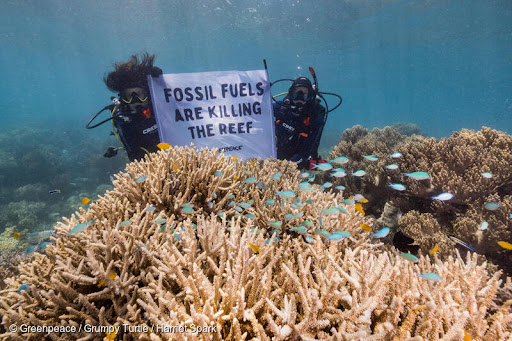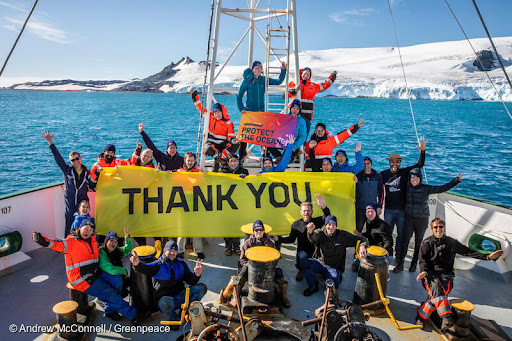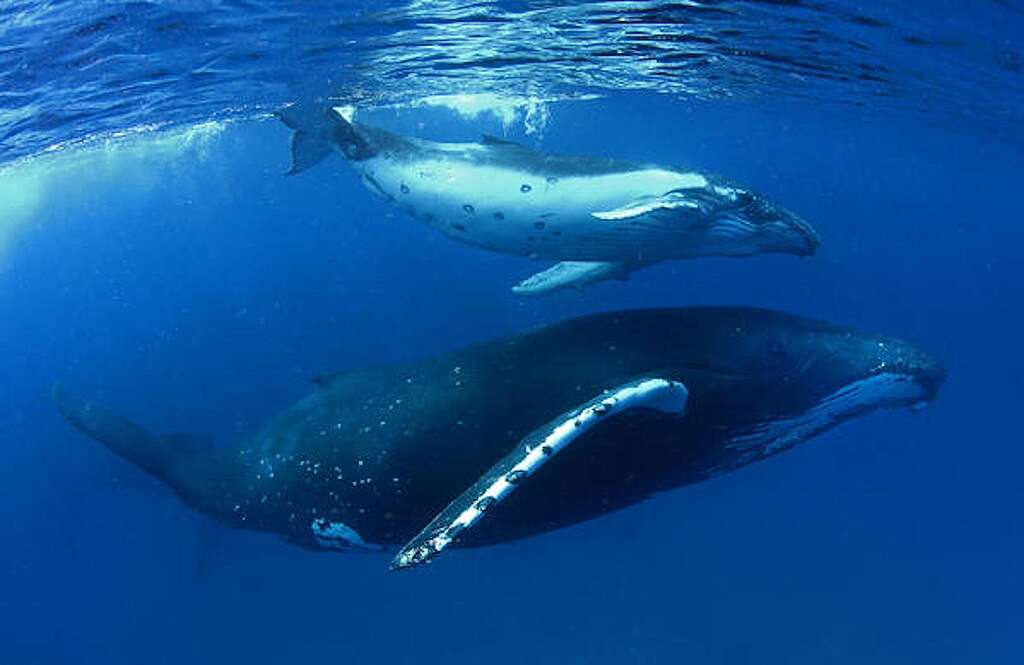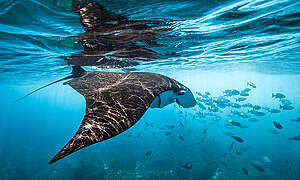Read about the efforts of the Greenpeace International campaign seeking to establish global ocean sanctuaries.

Our planet’s oceans face a lot of danger from human activity. Industrial fishing, deep-sea mining, plastic pollution, and global warming are all affecting our blue planet.
Scientists have informed us that by 2030 we need to protect a third of the ocean if we are to avoid the worst effects of climate change. 30 x 30, to allow the ocean to heal.
Greenpeace has been conducting research in the Antarctic for presentation to UN meetings that have been taking place throughout the year. Our aim is to raise support for a Global Ocean Treaty that will see 30% of our oceans protected as marine sanctuaries.
In 2019, the Greenpeace ship Esperanza embarked on a pole-to-pole voyage to document human impact on our oceans. The final stop was to Antarctica in 2020, one of the places furthest from human civilisation. Even here, there were still clear impacts such as fishing tools and nets floating in the water.
Celebrating 3 years of work on this campaign, we took our supporters behind the scenes with a digital event in March this year. Journalist and activist Julia Zanolli was involved in the recent Greenpeace research expedition to the Antarctic. She said that due to the remote location of the Antarctic, Greenpeace is one of few organisations with the resources available to study this area.
“Sometimes people ask; what’s your relationship with scientists? How does it work? We pretty much give them a lift. We make sure they can reach places that they otherwise wouldn’t be able to,” she said at the digital event.
This year Greenpeace took scientists to remote areas in the Antarctic to research how the climate crisis and fishing is affecting penguin populations in these places, using a mix of drone technology and artificial intelligence in order to keep track of penguin numbers.
We also provided these scientists with submarines to help document important evidence found underwater. The team were able to dive in 12 different locations never seen before by humans. Providing a stable internet connection also proved essential to Greenpeace’s ability to relay information to the media and update the rest of the world on their findings.
As you can imagine, these technologies do not come cheap and the reason we can afford these assets is truly due to generous supporters like you who believe in our cause.
“These stories wouldn’t have gotten out if it wasn’t for Greenpeace and people like you supporting our work,” Julia said.
None of our actions would be possible without your generous support. It allows us to operate independently and strategically, to respond quickly to environmental news, and to showcase inspiring stories of ordinary people taking a stand against climate change.


The Global Ocean Treaty is one of the most important international conservation agreements in history and the first focused on conserving marine life on the High Seas.
Get Involved
